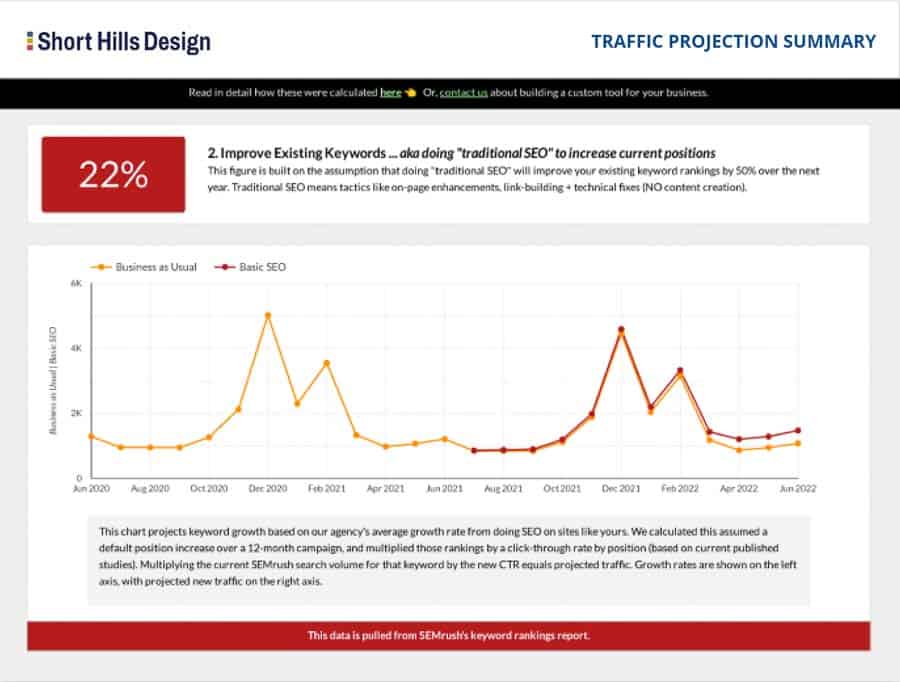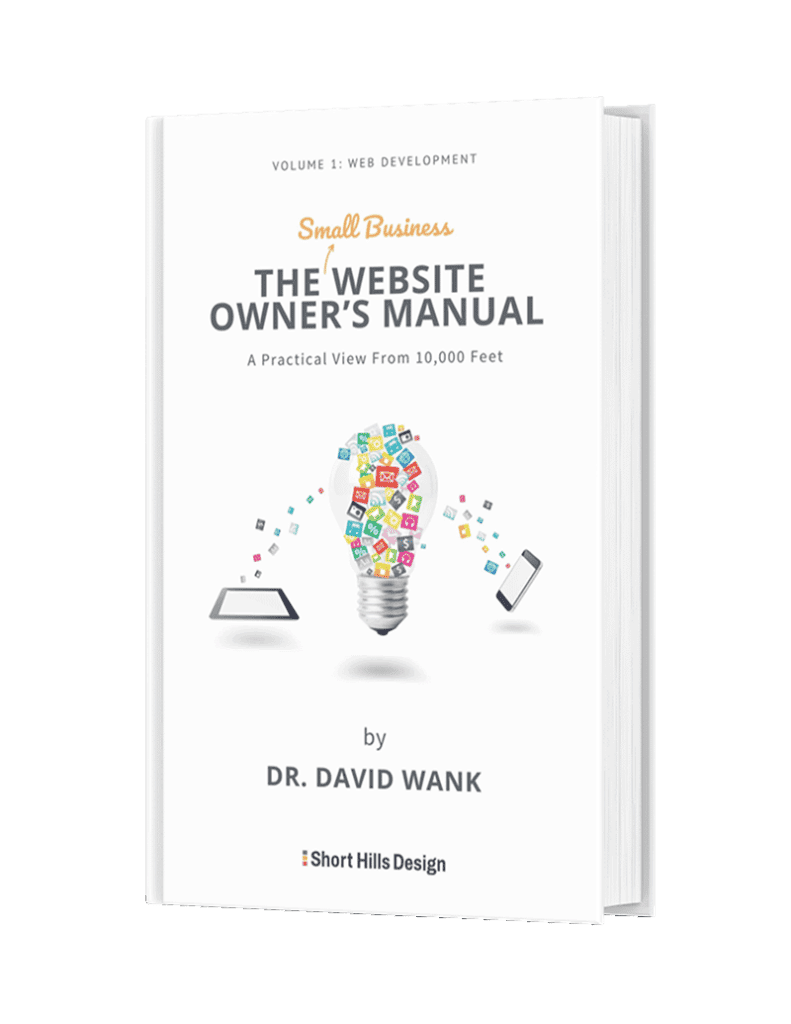When a user enters a keyword (a search term) into a search engine such as Google, two types of results are returned – organic search results and paid search results. In this article we will take a quick look at differences between these two types of search results
Organic search is the term we Search Engine Optimization (SEO) specialists use to describe search engine rankings for a web page where the owner of the web page did NOT pay for the ranking. For example, if you type “car rental deals” into Google you will see the following results (organic and paid):

Looking at the bottom left of the image - at the links in the green box - these are the organic results that Google has determined are the pages that are the best matches for the search term “car rental deals”. Note that Google has made this determination based on a variety of factors, but key concept here is that Google has determined that these pages are the best pages for this keyword based on the content of the pages alone. None of the owners of these websites paid Google to be ranked this well for the search term “car rental deals” – and even if they wanted to do so – it is not possible to pay Google to have high organic search rankings such as these.
Contrast these organic rankings with the paid rankings at the top of the image and in the right column. These are paid search results from Google’s paid search program, AdWords. AdWords is a Pay-Per-Click program (PPC) where website owners create ads and pay each time a user clicks on these ads (not each time the ad is displayed). So in this case, with all of the ads you see in the yellow boxes, these advertisers have placed a monetary bid to have their ads shown when the particular search term “car rental deals” is entered into Google. As you might imagine getting the top spot for your ad is not so simple, and a combination of factors go into determining which ads are displayed for a particular keyword and in what position. The key concept in this example is that paid search is the process by which a website owner pays to have a website advertisement displayed alongside the free organic search results.
Organic search is free, and thus trying to improve your organic search rankings is appropriate for practically every website -- especially websites for dentists and websites for physicians. PPC programs such as AdWords, however, can be a great adjunct to your organic search efforts, but not all healthcare websites should spend time and money on a PPC campaign. We usually recommend that a website have a successful organic search campaign in place before we go ahead and start an AdWords effort.
If you have any questions about this article please feel free to comment below, or contact us for a free consultation and complimentary evaluation of your website.

